Features of Philosophy:
Philosophy is born out of experiences and circumstances with which it is closely related. But it has an intimate relationship with science as well. In the words of Kant, “Philosophy should give up the futile attempt to know ultimate realities like God and the Self and limit itself to the world of experience. According to the revolutionary school of thought, philosophy is neither metaphysics of experience nor realities beyond sense experience nor is it concerned with the knowledge of transcendence. The proper function of philosophy is a logical analysis of the proposition of science.”
Plato states that the knowledge of reality is a knowledge of the universal unchangeable and eternal. And such knowledge cannot be given by sense perception which does not reveal the reality of things but gives mere appearance.
From above it would appear that there are two broad concepts or features of philosophy. We discuss these two special features.
(1) Philosophy according to experience and situation- Philosophy comes out of specific experiences, special circumstances, and situations. It is not merely the intuitive experience of reality, it is an intellectual attempt to interpret and understand the universe. As for example, Gautam Buddha pondered over the ways to elevate human suffering which he saw with his own eyes. Prophet Muhammad and Christ both prescribed ways of life to alleviate human misery. These ways later came to take the form of religions, which they expected to be followed by their disciples, and it did happen. Hitler believed in a military philosophy of courage and dash and so he propounded authoritarianism and despotism Mahatma Gandhi was a believer in spiritual and moral values of life, and his philosophy of non-violence preaches abstinence, piety, kindness, fellow feeling, and piety in all spheres of life. Hence, we can conclude that a certain philosophy is the product of times and circumstances, and is born out of human experiences related to those times and conditions of life and society.
One characteristic of philosophical conclusions is that they are never final, for they always admit the possibility of a difference of opinion. But it must be pointed out that philosophical conclusions are nonetheless important without being final because every individual reflects on them ‘from his own individual standpoint. Just as the education process is useful and effective for every person although one differs from another, in the same manner, the importance of philosophy is not reduced by virtue of the differences of opinion existing. Hocking has written that “everybody has a philosophy, and the differences between man and man are chiefly philosophical differences. In fact, philosophy is more contended with keeping alive the tradition and method of philosophical contemplation rather than reaching any absolute conclusions.”
(2) Philosophy and Science- Philosophy is also closely related to science. It is, infact, a science of some kind, and it differs from the special science not in kind, but in degree. Philosophy is concerned with most general types of problems and also examines them more critically. Science deals with the realities of nature and life, animals or human beings, which are integral parts of the life of a child. This serves as raw material for the structuring of experiences for human beings. This interaction and experiences go to form philosophy. In short, the realities of life are as essential as thoughts. Both cooperate to give rise to philosophy. Science is more restricted and limited than philosophy, while common observation is even narrower. But in the progress of knowledge, all three of them are required, and if this principle is translated into the field of education, it means that the educator needs common observation, science, and finally, a philosophy. Philosophy provides him with a formal basis while science and common observation help to provide dynamic, expression to the philosophical principles. It is for this reason that education has been called the dynamic or practical aspect of philosophical principles. A child must study both science and philosophy to know and understand the truth, and reality of natural and human phenomena. Aims propounded by philosophy, and science are the goals of education to pursue and realize in actual human life through various means. Truth is related to circumstances and situations, political, social, economic, and spiritual. These circumstances and situations condition our thinking and our view of truth and reality. We propagate these truths and realities of life by various means of education.
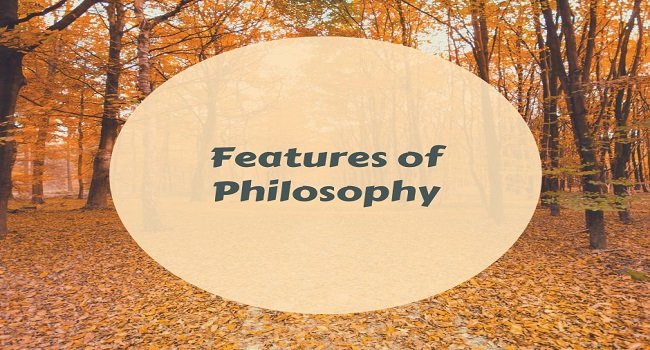

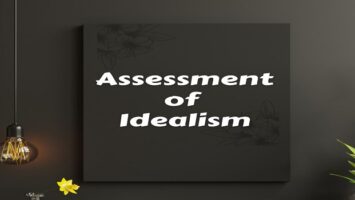
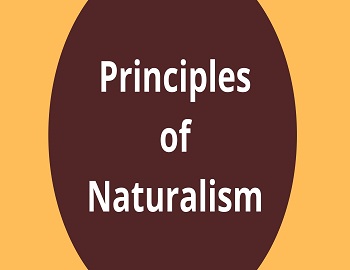
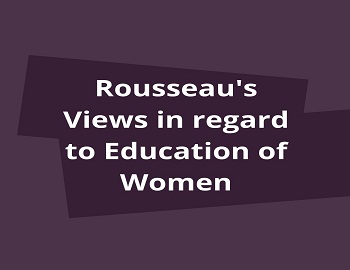
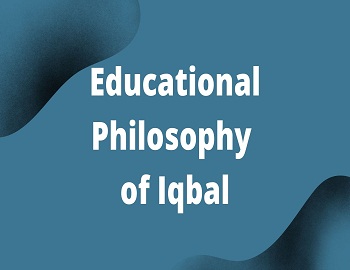
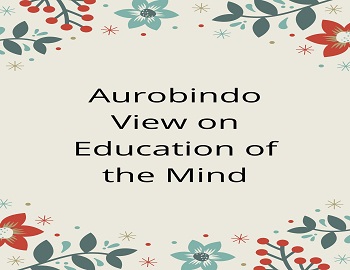
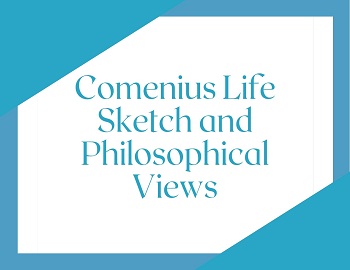
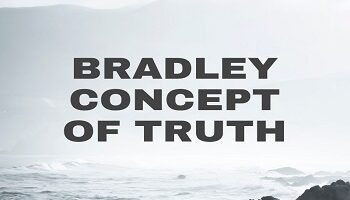
Comments (No)